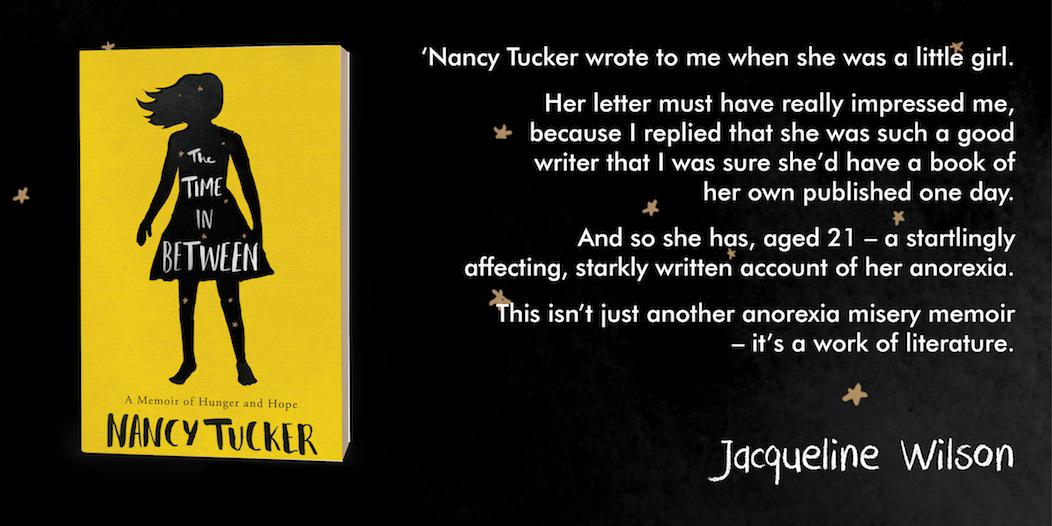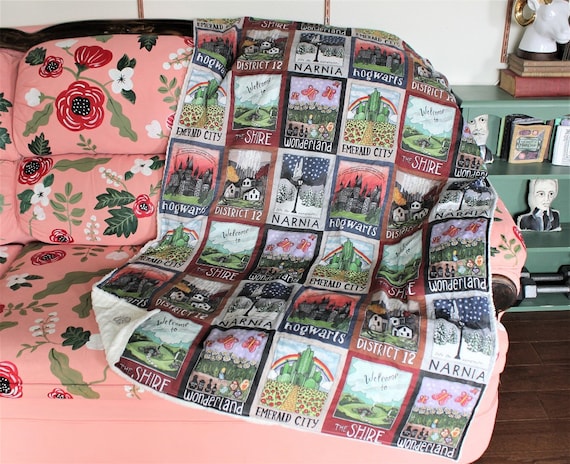Here I am on this
blustery lunchtime – and I have zero clue what the weather is like anywhere
else, but it’s so freaking windy here that I have no idea how this rumoured Easter heatwave is ever going to come to fruition – to talk about the
delightful Nancy Tucker and her memoir The Time in Between,
which made me feel all the things and not only because of how it made me think
about my own less than stellar relationship with food.
First of all, first of all,
Nancy can
write.
Second of all, I follow her on Twitter (you
can find her here) and she seems like a genuinely sweet girl.
Thirdly, this book.
It’s just, it’s kind of incredible in its honesty. It’s unflinchingly direct
and painfully painfully honest and not for a single second does it try to paint
eating disorders as anything other than the manipulating, controlling,
devastating horrors that they are.
A memoir of hunger and hope.
That’s the tagline and you want to know a
thing? As taglines go it’s fairly accurate, because yep hunger
and yep, also a weird kind of hope.
It’s a funny one, the hope of it all,
because I don’t know: it’s hard to explain. I’ma try though, otherwise
pointless review is pointless. I guess for me the hope comes in the shape of,
well, the fact that Nancy’s
here to tell her story. She’s here to talk about it with a forthrightness that
makes you want to hug the life out of her. This is a girl that when at 8 years
old she had to write about ‘what she wanted in life’ wrote I want to be
thin. This is the girl that was hospitalised with anorexia; who
seemed – on the surface at least - to be Getting Better only to find herself
with bulimia; who put rocks in her pockets to fool the scales; and who got so
close to the edge that her organs began to shut down, and here she is now, here
is this book, this intelligent, insightful book and if that
isn’t what ‘hope’ looks like then I don’t know what is.
This is a book that made me feel for Nancy,
who was – is – at all times both fragile and incredibly strong,
that made me feel for her family because it must be so far beyond awful to watch a person you
love in freefall and be powerless to help, that made me catch my breath and
that also sometimes made me chuckle a little bit. I love that word: chuckle.
There are scenes that made me weepy, and scenes that frustrated me, and scenes
that made me want to take Nancy in my arms and just hold her and protect her
and be there for her even though I know it would have made little difference (and
I mean that in the least patronising way possible, good gracious), and then
there is one scene that made me retch (soz) like I said: it’s brutally honest
and there are no holds barred.
This is a book about eating disorders, it’s
a book about one girl and her experience with eating disorders, it’s a book
that could well be triggering. It’s excellent. The most phenomenal part of
the whole thing, for me, was the foreword. I mean, the whole damn book was
pretty phenomenal but the foreword is what let me know that this was a book
that was going to have meaning; that let me know that I was going to want to
offer Nancy the highest of fives. She’s incredibly aware; she knows exactly
what she wants her book to be, and how what it could
be is something entirely different and so she writes this foreword that
addresses all of that. In it Nancy calls out to each
and every reader that may have an ED. I know, she tells them, that you might
want to use this book for tips on how to be A Good Anorexic because I’ve done
the same thing and so because of that I AM TAKING AWAY THE NUMBERS. And she
does. Not once throughout the whole book does Nancy tell us what she weighs,
what her BMI is, how many calories she’s eating per day, or even how tall she
is. The only numbers she gives us are the ones that tell us how old she is (not
very) – she knows, because she’s lived it, that anorexia is both voyeuristic
and weirdly competitive and so she takes away all of the things other sufferers
could use to compare themselves against and then, with the insightfulness and
honesty that we come to expect from her, says she can only hope that it does
the trick.
I wanted…to give people something to think about, not something to emulate. Have I managed it? I suppose that’s up to you.
It’s that, for me, that set the bar. It’s
that foreword that let me know that despite what I’d heard The Time In
Between was going to be more than ‘another Wasted*,’
it was going to be different and profoundly good in it’s
own right.
This a book that when I finished it left me
thinking ‘Nancy Tucker is a bloody excellent girl and I
really hope she’s proud.’
I really hope she’s proud.





